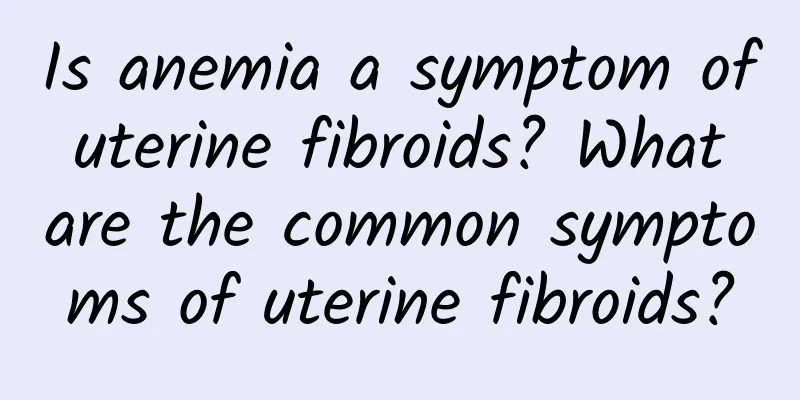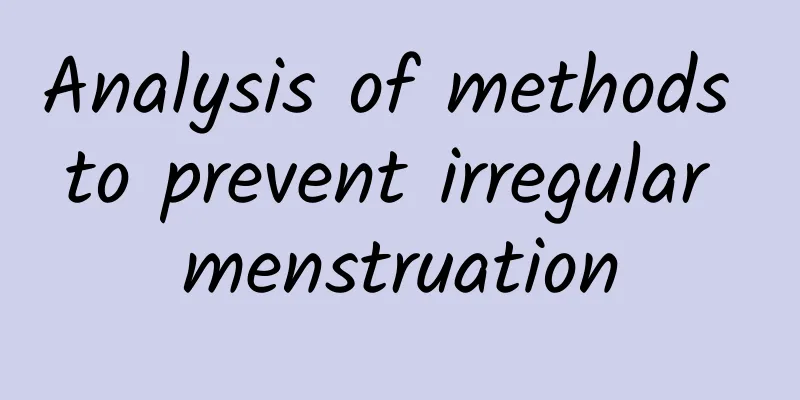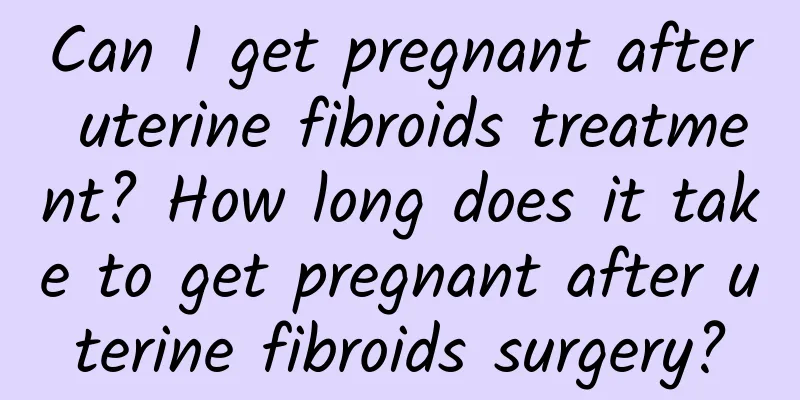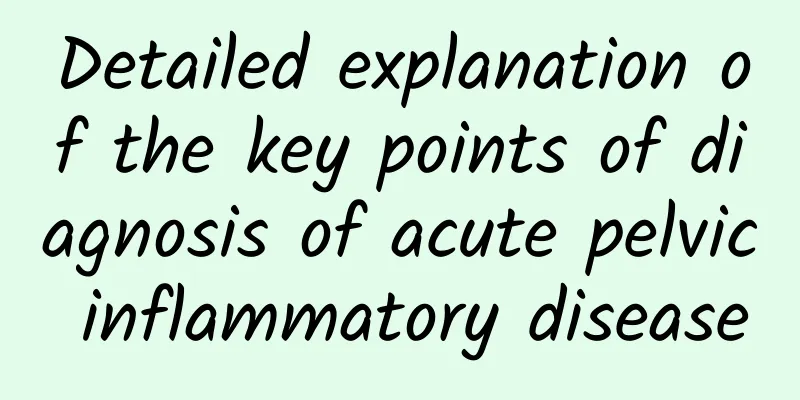How to cure menopause?

|
Every woman will experience menopause, so you should know about it in advance. Menopause refers to the decline of ovarian function and the cessation of menstruation. The treatment of menopause is also a concern for many women. There are three treatment methods for menopause. In principle, the goal should be to maintain the health of the body. For example, long-term medication is required to prevent postmenopausal degenerative diseases. Physiological supplements: The purpose is to make the organs of postmenopausal women function physiologically as much as possible to maintain their health, not to restore their endocrine status to the level of the ovarian cycle during the reproductive period, which is physiological supplementation. Physiological supplementation mostly advocates the use of natural estrogen, that is, the chemical structure of estrone, estradiol and estriol. During the menopausal transition, hormone replacement therapy (HRT) should focus on progesterone supplementation: During the menopausal transition period, the growth and development disorders of follicles gradually increase, and finally the functional follicles disappear from the ovaries. The corresponding changes in estrogen and progesterone during this period are: first, there is a relative lack of progesterone, then lack; estrogen deficiency changes periodically, although there may be a transient relative excess, the total amount gradually decreases, and finally to lack, forming a relatively excessive or single unopposed estrogen stimulation for a long time. Some women may have different degrees of proliferative changes in the endometrium, and even malignant changes. Therefore, this period should be based on periodic supplementation of progesterone to adjust the menstrual cycle and prevent endometrial proliferative lesions. As estrogen gradually becomes deficient, estrogen can be supplemented at the same time. Postmenopausal HRT should focus on estrogen supplementation: The activity of ovarian follicles basically stops in the early postmenopause period. The blood estradiol concentration drops from about 150-1500pmol/L in the reproductive period to below 80pmol/L within 1-2 years, which is lower than the basic level for maintaining the physiological functions of the body's organs. Endometrial atrophy is completed within 2-3 years after menopause, and the rate of bone loss is fastest within 1-3 years after menopause. Corresponding degenerative changes occur in various organs throughout the body. Therefore, to prevent postmenopausal degenerative lesions, timely and long-term estrogen supplementation should be used. To counteract the side effects of estrogen on endometrial hyperplasia, those with a uterus need to add progesterone. |
<<: Why is menopause difficult to cure?
>>: Will menopause heal on its own?
Recommend
It is important to explain women's daily care
In our lives, most women will experience dysmenor...
What to add to pigeon stew to treat uterine fibroids? Can pigeon soup treat uterine fibroids?
What can be added to pigeon stew to treat uterine...
It’s a big NG to eat bananas without peeling them! Non-toxic fruits are eaten wisely
Bananas can help you lose weight, relieve stress ...
How to treat second degree cervical erosion best? 5 reasons for second degree cervical erosion
Second degree cervical erosion is a common gyneco...
What is it like to have uterine fibroids? Will uterine fibroids lead to infertility?
Uterine fibroids (Hysteromyoma) Uterine leiomyoma...
Causes of adnexitis
The occurrence of adnexitis is mainly related to ...
What does bacterial vaginosis mean?
In recent years, it is believed that bacterial va...
What to do if uterine fibroids cause severe anemia
What should I do if I have severe anemia due to u...
Experts tell you how to treat Trichomonas vaginitis
Dear female friends, do you know about Trichomona...
What should patients with uterine fibroid surgery pay attention to? What are the precautions for uterine fibroid surgery?
In the past, the age for hysterectomy for patient...
What are the dangers of abortion? Multiple abortions may have four consequences
Abortion is one of the common methods of terminat...
How should women care after uterine fibroid surgery?
What are the postoperative care methods for uteri...
What to do if ovarian cysts are prone to recurrence
Ovarian endometriosis cyst is a type of endometri...
What medicine should I take to cure pelvic inflammatory disease?
Pelvic inflammatory disease is a common gynecolog...
Is it good to drink soup after abortion? What to eat to nourish the body after abortion?
After an abortion, women's bodies are damaged...









